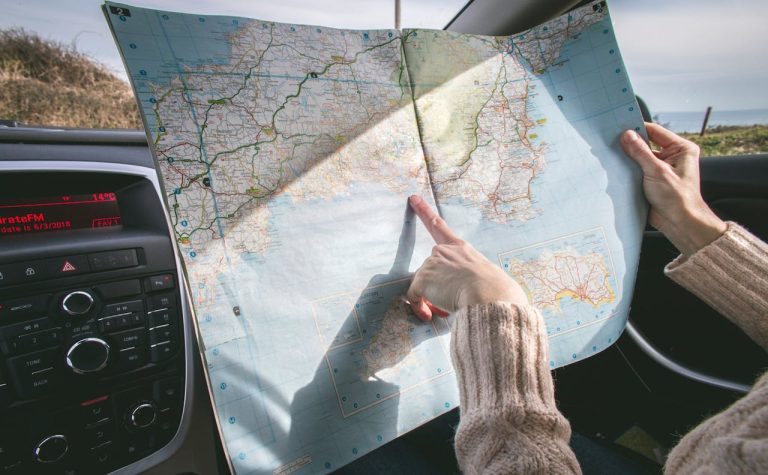Every region has its unique appeal that brings tourists coming back season after season. Whether it be wine enthusiasts or adventure seekers, there is something for everyone, and therefore a type of tourism for everyone. This week let’s look at one particular kind of tourism that has been on the rise and highlight a few others that you may not have even heard of.
Ancestry tourism
As people learn more about their familiar roots, many have taken it upon themselves to go further than a Google search and visit the lands their ancestors came from. Rather than merely learning from afar about the country or region their great-great-great grandmother came from, many individuals have become interested in experiencing the food, culture, and physical landscape in person and are taking heritage trips to do so. This is known as ancestral or genealogy tourism.
This form of tourism isn’t new – European countries have been luring tourists from the U.S. with these trips since the 1950s – but it has become more accessible thanks to genetic ancestry testing. Consumer DNA kits became considerably more affordable in 2009 when 23andMe dramatically dropped the price of its at-home kit – originally priced at $1000. A few years later AncestryDNA joined the market. By 2019, more than 26 million people had taken an at-home ancestry kit, most from one of these two companies, and that was just the beginning.
In 2017, Ancestry teamed up with a tour company to take customers on journeys with a professional genealogist to “explore their family story with even greater insight and visit the places where their ancestors once walked.” Two years later Airbnb teamed up with 23andMe to meet the demands of people booking trips on their site to “trace their roots” – a 500% spike since 2014 according to a survey by the company.
Countries are also not shying away from luring in tourists this way, with some even having website pages dedicated to this form of travel. While the industry is still heavily Euro-centric, other countries have jumped at the opportunity to lure more tourists. New companies as well as expanded flight routes have made planning heritage trips to places like Africa, China, and Panama easier for consumers.
Other types of tourism
- Sleep tourism: According to the National Sleep Foundation, Americans are tired, and hotels are seeing this as a business opportunity to cater to individuals who want to rest and recharge. Hotels are equipping rooms with smart beds, sleep spa treatments, and unique sleeping experiences such as “cocooning.”
- Dark tourism: This is where people travel to historical sites of extreme atrocities or natural disasters. This can include sites like Chornobyl, the 9/11 memorial, or various battleground sites around the world. The travel guide site dark-tourist.com has over 1,000 sites listed around the world and is focused on “respectful and enlightened touristic engagement with contemporary history, and its dark sites/sides, in a sober, educational and non-sensationalist manner.”
- Cannabis tourism: Amsterdam used to be the destination for tourists interested in cannabis, but now with new policies in the city the opportunity for other countries to get into the multi-billion dollar industry is ripe – including for the U.S. Atlantic City in New Jersey has been looking to become the ‘Amsterdam of the East Coast’ after the state legalized marijuana in 2021.






